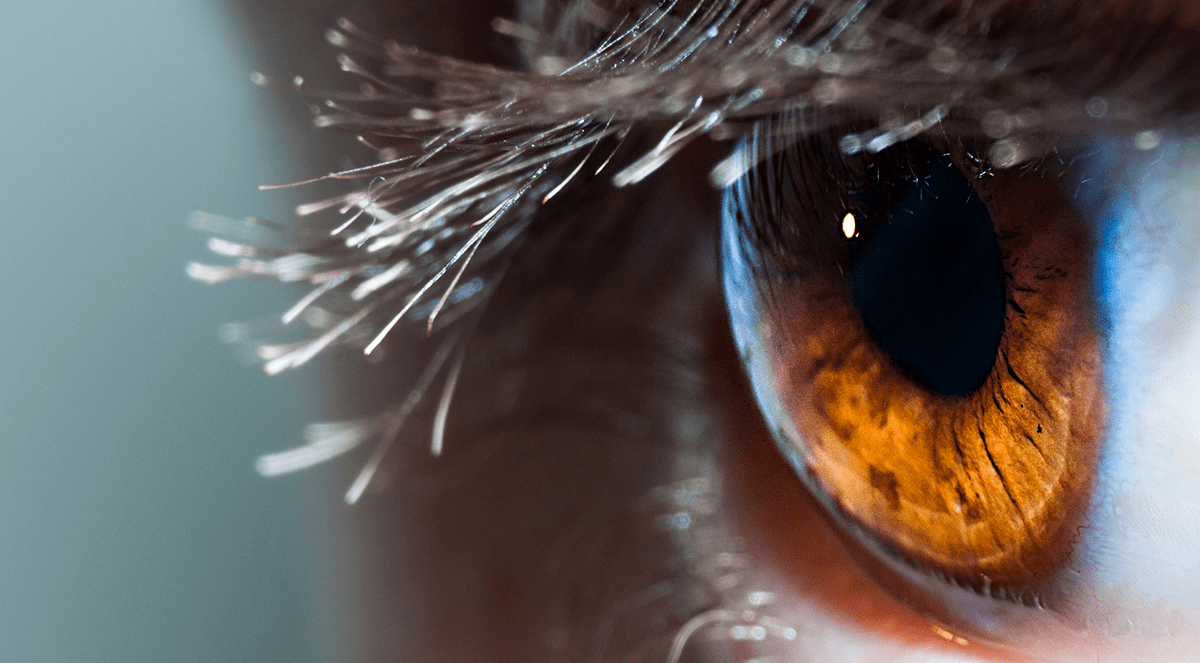Inherited retinal diseases (IRDs) are retinal conditions that are passed down through family members. Many IRDs are rare and have no current medical treatments.
Gene therapy, which introduces a functional copy of a gene to correct a genetic defect, has been shown to improve vision in canine and sheep animal models. Based on these promising findings, clinical trials are currently underway to evaluate if gene therapies have the potential to improve vision or slow IRD progression in humans.
The Retina Foundation of the Southwest is one of seven U.S. locations participating in a Phase 1/2 clinical trial studying an investigational gene therapy candidate for the treatment of X-linked retinoschisis (XLRS). XLRS is a rare IRD caused by mutations in the RS1 gene that leads to splitting of the retina. It causes poor visual acuity in young boys that can progress to legal blindness in adults.
A separate Phase 1/2 clinical study is ongoing to evaluate a novel gene therapy for achromatopsia (ACHM). This IRD is associated with visual acuity loss, severe nystagmus (a condition in which the eyes make repetitive uncontrolled movements which results in reduced vision and depth perception, affecting balance and coordination) and extreme light sensitivity resulting in daytime blindness and total loss of color discrimination.
Because IRDs are associated with specific gene mutations and may have similar symptoms to other retinal conditions, it is important that patients receive genotype testing to confirm a specific diagnosis.
For more information, please view the following pages at ClinicalTrials.gov at bit.ly/2riMePl (XLRS) and bit.ly/2qXDSJD (ACHM).



 PWeekly
PWeekly